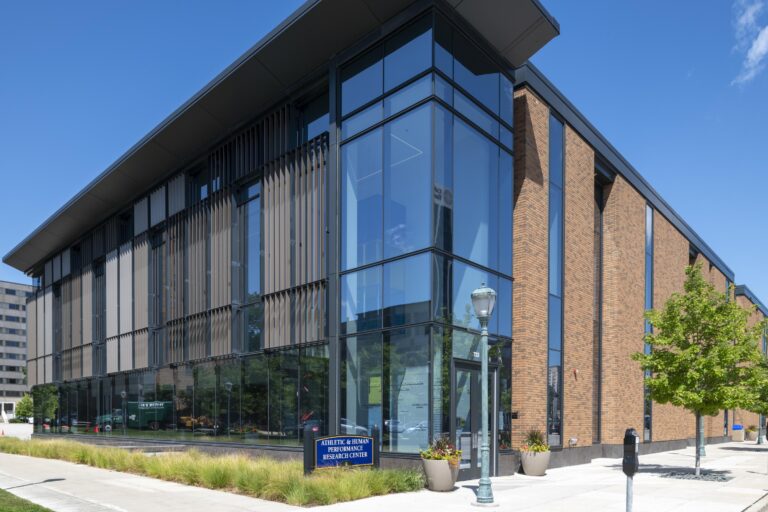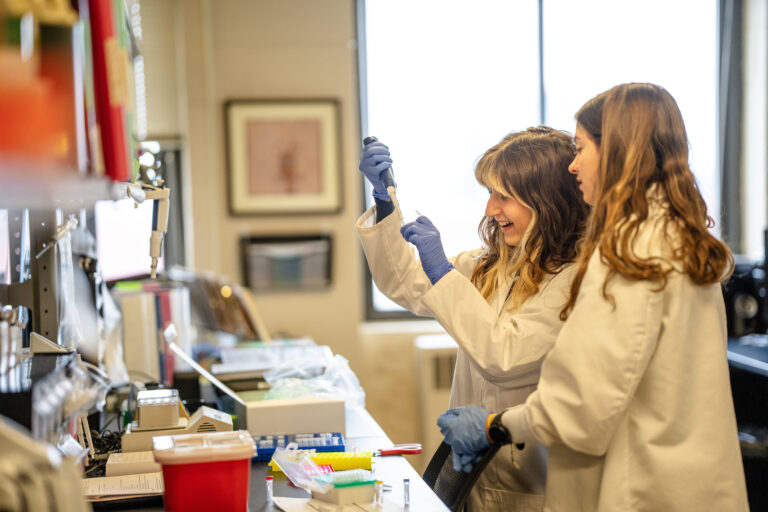The Marquette Program Incubator is an initiative that aims to encourage, support and incentivize the rapid revitalization and creation of academic programs that meet student and market needs.
The Program Incubator expands the university’s portfolio of high-demand revenue-generating programs, especially interdisciplinary programs, as well as provides an incentive for curricular experimentation, renew or re-invigorate existing programs, identify new and emerging markets for graduate programming and much more.

Here in a quick Q&A, Dr. Douglas Woods, dean of the Marquette University Graduate School, discusses the Program Incubator, its successes, how it has evolved, etc.
Please explain more about what the Program Incubator is and what it does for programming at Marquette.
The Program Incubator, which was launched in 2017, is housed in the Graduate School and is designed to rapidly create new graduate programs or re-tool existing programs with high growth potential. The incubator provides various sources of support to encourage the development of such programs. First the incubator provides program development support and market research needed to develop successful programs. Second, the incubator has a seed fund, that can be used to invest in the launch of new programs until they are able to sustain themselves. Third, the incubator provides the potential for programs to reinvest some of the revenue the program earns back into their own strategic initiatives that help advance the University’s Beyond Boundaries strategic plan.
How many new programs have been created as a result of the incubator?
We have incubated 18 programs since the incubator started.
How have existing programs been changed or enhanced through the incubator?
One good example of how existing programs have been changed and enhanced through the incubator is our masters degree in clinical mental health counseling (CMHC).
Marquette has always had a successful degree in CMHC, but with an incubator investment, we were able to add a concentration in rehabilitation counseling, grow our school counseling program, and eventually create a version of the program that is now delivered fully online.
This incubator investment will not only go a long way in growing graduate enrollment at Marquette, but will serve a great need for the community in the areas of mental health services.
Why is interdisciplinary education so important, particularly for graduate students?
Graduate education has always involved diving deeper and becoming more specialized in a particular area. Indeed, we will always need experts in particular areas. However, we also know the world is becoming more interrelated and that understanding and tackling problems from multiple perspectives usually produces more fruitful results. For that reason, we think it is particularly useful in many of our graduate programs to take an interdisciplinary approach. For example, we have brought together health care experts with data analysts to create a Master of Science in Health Care Analytics. We have also brought together people studying the brain from multiple perspectives across five different colleges to create our Interdisciplinary Neuroscience doctorate program. These programs are great examples of how the whole can be more than the sum of its parts.



